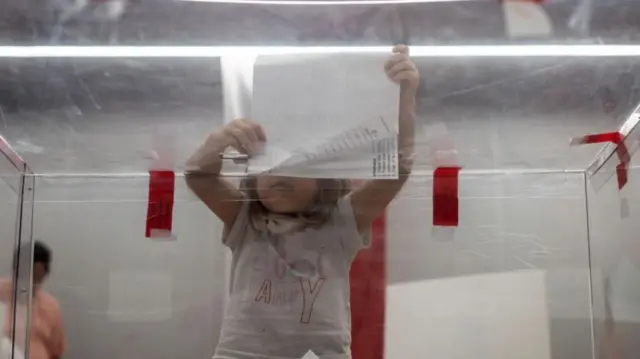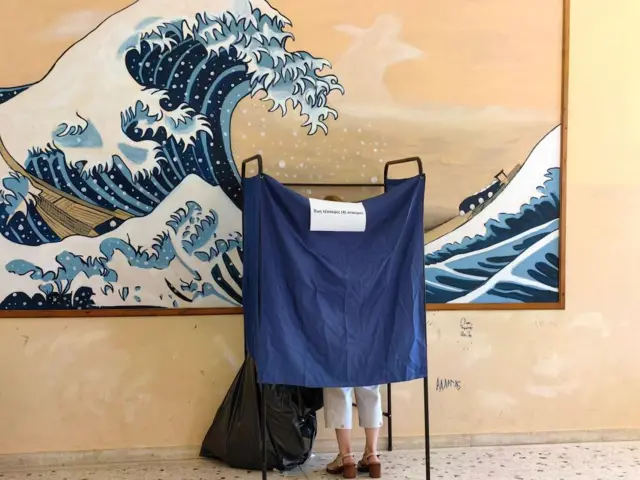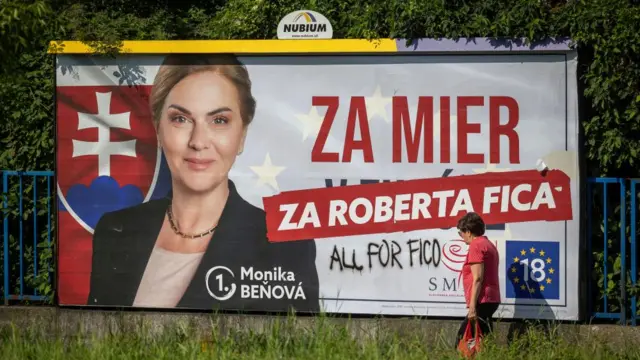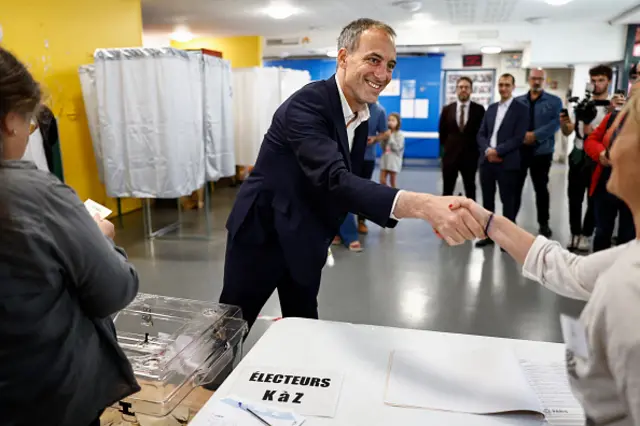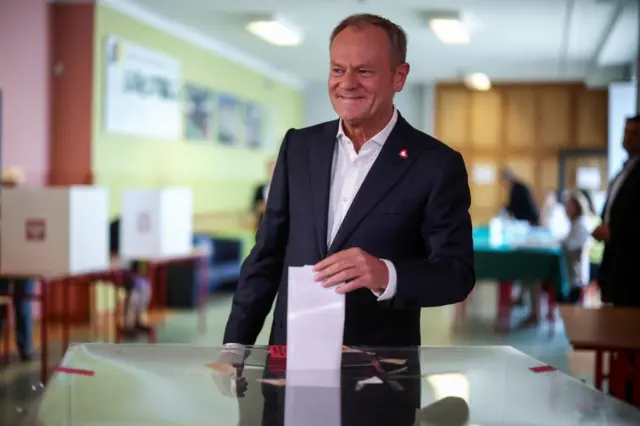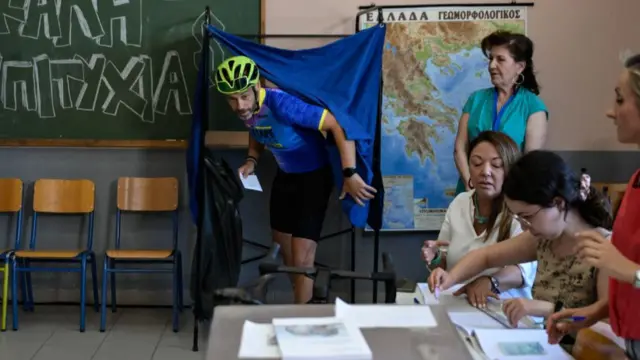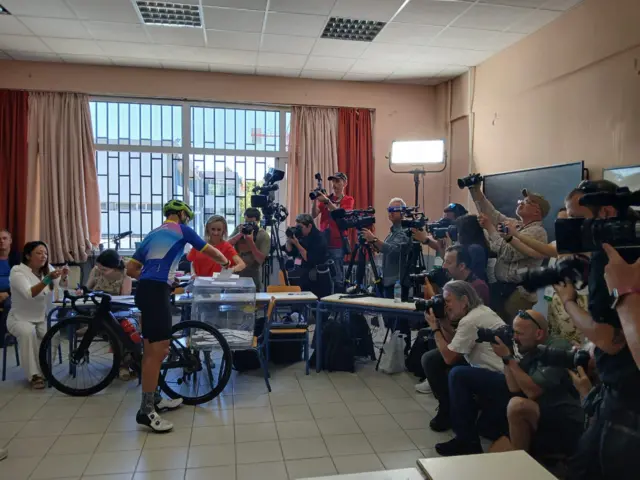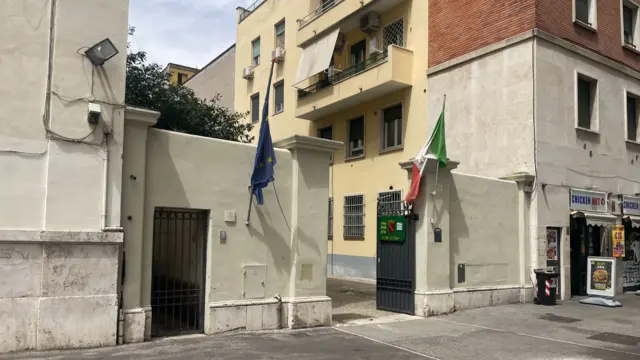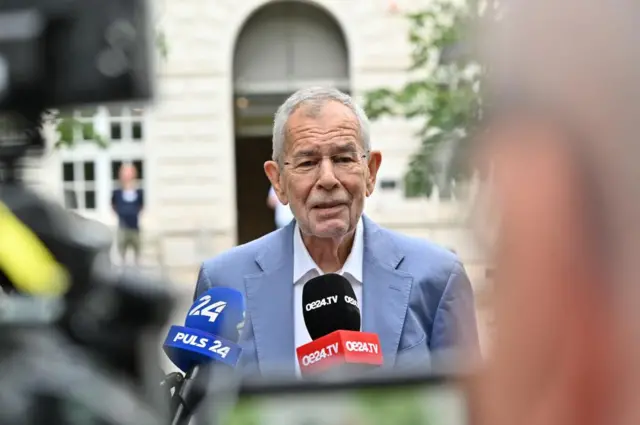Greece's ruling party dominates EU elections, exit polls showpublished at 18:01 BST 9 June 2024
Kostas Koukoumakas
Reporting from Athens
After the close of voting in Greece, the first exit poll results show the ruling party, New Democracy, comes first with between 28% and 32%.
The main opposition Syriza takes between 15.2% and 18.2% and Pasok socialists come third with between 10.9% and 13.9%.
Far-right, pro-Russian party Greek Solution takes 7.6% to 10% and the ultra-conservative Niki is recording 2.9% to 4.9%.
With 3% being the minimum threshold for electing an MEP, the end result will be marginal for the party of Yanis Varoufakis, Greece’s former finance minister (his party MeRA25 takes 2% to 3.4%), the same for the newly emerging far-right Voice of Logic (2.2% - 3.6%).
More reliable data will be published at around 21:00 local time (18:00 GMT).




